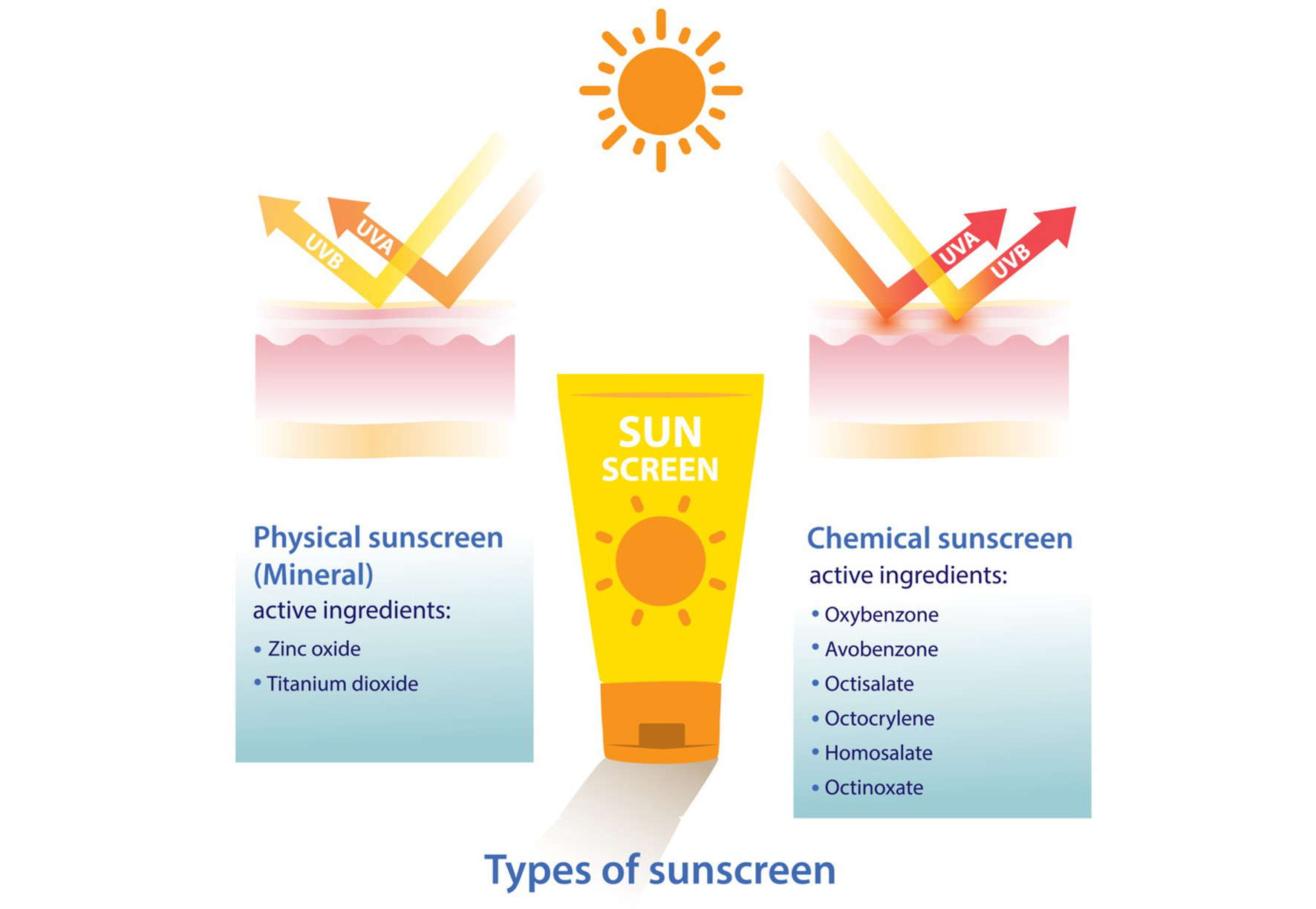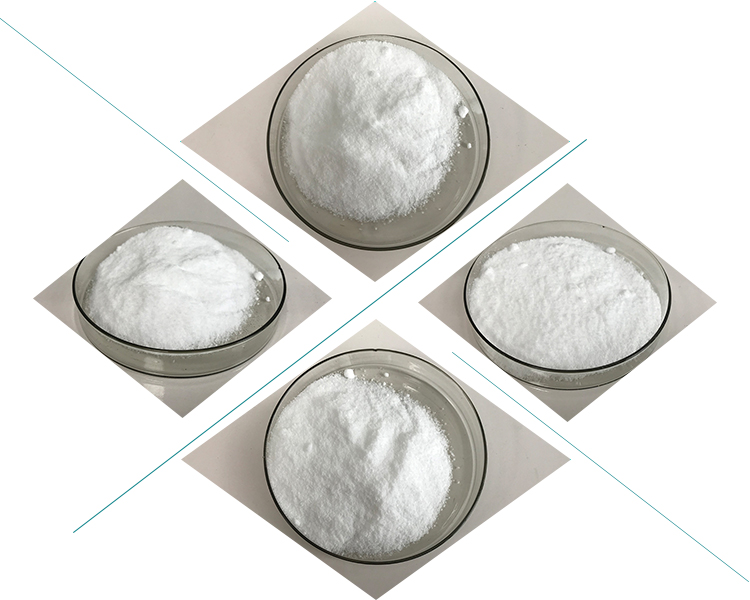Avobenzone is a chemical compound commonly used in sunscreens and skincare products as a key ingredient for providing UV-A (long-wave ultraviolet) protection. It is known for its ability to absorb and dissipate UVA rays, which helps prevent sun damage to the skin.
Here are some key points from a comprehensive study of Avobenzone:
UV-A Protection: Avobenzone primarily absorbs UVA rays, which penetrate the skin more deeply than UVB rays. This protection is crucial for preventing premature aging, wrinkles, and other long-term skin damage.
Stability Issues: One challenge associated with Avobenzone is its instability when exposed to sunlight. It can degrade and lose its effectiveness over time. Formulations often include stabilizers to address this issue.
Photostability Enhancements: Researchers and product developers have been working on improving the photostability of Avobenzone. Various formulations and combinations with other UV filters or stabilizing agents are being explored to enhance its performance under sunlight.
Sunscreen Formulations: Avobenzone is commonly used in combination with other UV filters like octocrylene, octinoxate, and zinc oxide to provide broad-spectrum protection against both UVA and UVB rays.

Safety Concerns: While Avobenzone is generally considered safe for use in sunscreens, there have been occasional reports of skin irritation or allergic reactions. Individuals with sensitive skin may want to test products containing Avobenzone on a small area before widespread use.
Regulatory Approval: Avobenzone is approved by regulatory bodies such as the U.S. Food and Drug Administration (FDA) and the European Medicines Agency (EMA) for use in sunscreens.
Environmental Impact: There have been concerns about the environmental impact of Avobenzone, particularly its potential contribution to coral bleaching in oceans. Researchers are investigating alternatives and sustainable practices to minimize environmental harm.
Application Recommendations: Proper application and reapplication of sunscreen containing Avobenzone are crucial for effective protection. Users should follow product instructions and apply sunscreen generously, especially when spending extended periods in the sun.
It’s important to note that ongoing research and developments may lead to new insights into the efficacy and safety of Avobenzone, as well as potential alternatives for sun protection. Always refer to the latest scientific literature and product information for the most up-to-date findings.
Adverse effects of Avobenzone
Avobenzone is a common chemical ingredient found in many sunscreens, and it is used to absorb the full spectrum of UVA rays. While it is generally considered safe for use, some individuals may experience adverse effects or allergic reactions. Common adverse effects of avobenzone may include:
Skin Irritation: Some people may develop skin irritation or redness after applying a sunscreen containing avobenzone. This can be particularly true for individuals with sensitive skin.
Allergic Reactions: Allergic reactions are possible, leading to symptoms such as itching, rash, hives, or swelling. Individuals with a history of allergies or sensitivity to sunscreen ingredients should be cautious.

Staining of Clothing: Avobenzone can sometimes cause discoloration or staining of clothing, particularly light-colored fabrics.
Eye Irritation: If sunscreen containing avobenzone comes into contact with the eyes, it may cause irritation. It’s important to avoid applying sunscreen too close to the eye area.
Photodegradation: Avobenzone is known to be less stable when exposed to sunlight, and it can degrade over time. This may reduce its effectiveness in protecting against UVA rays.
It’s essential to perform a patch test before using a sunscreen with avobenzone extensively, especially if you have a history of skin sensitivity or allergies. If you experience persistent adverse effects, it is advisable to discontinue use and consult with a healthcare professional or dermatologist. Additionally, following the manufacturer’s instructions and reapplying sunscreen as recommended can help minimize the risk of adverse effects.
